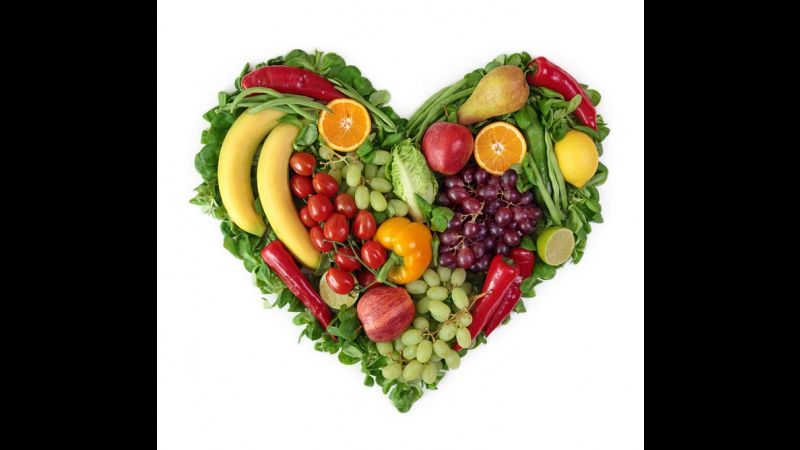As of October, the flu season officially begins, and as the winter months progress, the seasonal flu activity peaks. We all know the importance of getting an annual flu shot, washing our hands, sneezing and coughing into our elbows instead of our hands, but what if these preventative measures aren’t enough?
It’s easy to forget the direct impact our diet has on our overall health, but adding some of these top immune-boosting foods to your diet can go a long way in preventing the flu and other illnesses.
Empowering Your Immune System
Who says healthy can’t be delicious? Below are nine of the top immune-boosting foods:
- Yogurt. Yogurt contains the healthy bacteria probiotics that help cleanse the gut and intestinal tract. Probiotics are also found in supplement pills, but a study has shown that yogurt is just as effective as these pills. The best daily dose: two 6-ounce servings.
- Oats and Barley. These kinds of grains contain beta-glucen, a type of fiber that comes with many benefits in addition to boosting immunity, such as speeding wound healing and improving the effectiveness of antibiotics. The best daily dose: at least one in your three daily whole grains servings.
- Garlic. Although it may not make your breath smell great, garlic contains allicin, which fights both bacteria and infection. Some other benefits include lowering one’s risk of colorectal cancer and stomach cancer. The best daily dose: two raw cloves; add crushed garlic to your cooking throughout the week for added benefits.
- Shellfish. The selenium found in clams, lobsters, oysters and crabs assist the body’s white blood cells in producing cytokines, the proteins that help cleanse the body of the flu virus. The omega-3 fats found in herring, salmon and mackerel help reduce inflammation. The best daily dose: two servings a week.
- Chicken Soup. Your mother’s advice to eat chicken soup whenever you’re sick was spot-on! Not only is this warm meal comforting, but it also reduces cold symptoms and thins mucus. Add some garlic to make it even more beneficial for your immune system. The best daily dose: a nice, hearty bowl of soup whenever you feel sick.
- Tea. The amino acid L-theanine, which fights viruses, can be found in both green and black tea (regular or decaf). An added bonus: bob the tea bags up and down while brewing to get up to five times more antioxidants. The best daily dose: several cups a day.
- Beef. It’s actually common for adults to have zinc deficiency, but zinc plays a key role in developing white blood cells, which recognize and destroy viruses. If you’re not a fan of beef, fortified cereals, poultry, yogurt, milk and oysters are also rich in zinc. The best daily dose: a 3-ounce serving of lean beef.
- Sweet Potatoes. We often forget that the skin is part of the immune system, but it’s important to give your skin plenty of Vitamin A. Eat foods that contain beta-carotene, such as sweet potatoes, cantaloupe, squash and carrots. The best daily dose: a half-cup serving.
- Mushrooms. Similar to beef, mushrooms also increase the development of white blood cells. Luckily, it’s extremely easy to incorporate mushrooms into your diet – add them to pasta sauce, eggs or even frozen pizza! The best daily dose: ¼ ounce to one ounce a few times throughout the day.
In addition to these super-foods, don’t forget to stay hydrated in the winter! Be sure to drink at least eight to ten glasses of water every day, and when debating about what kinds of food to eat, just remember the old rule of thumb: you are what you eat!

